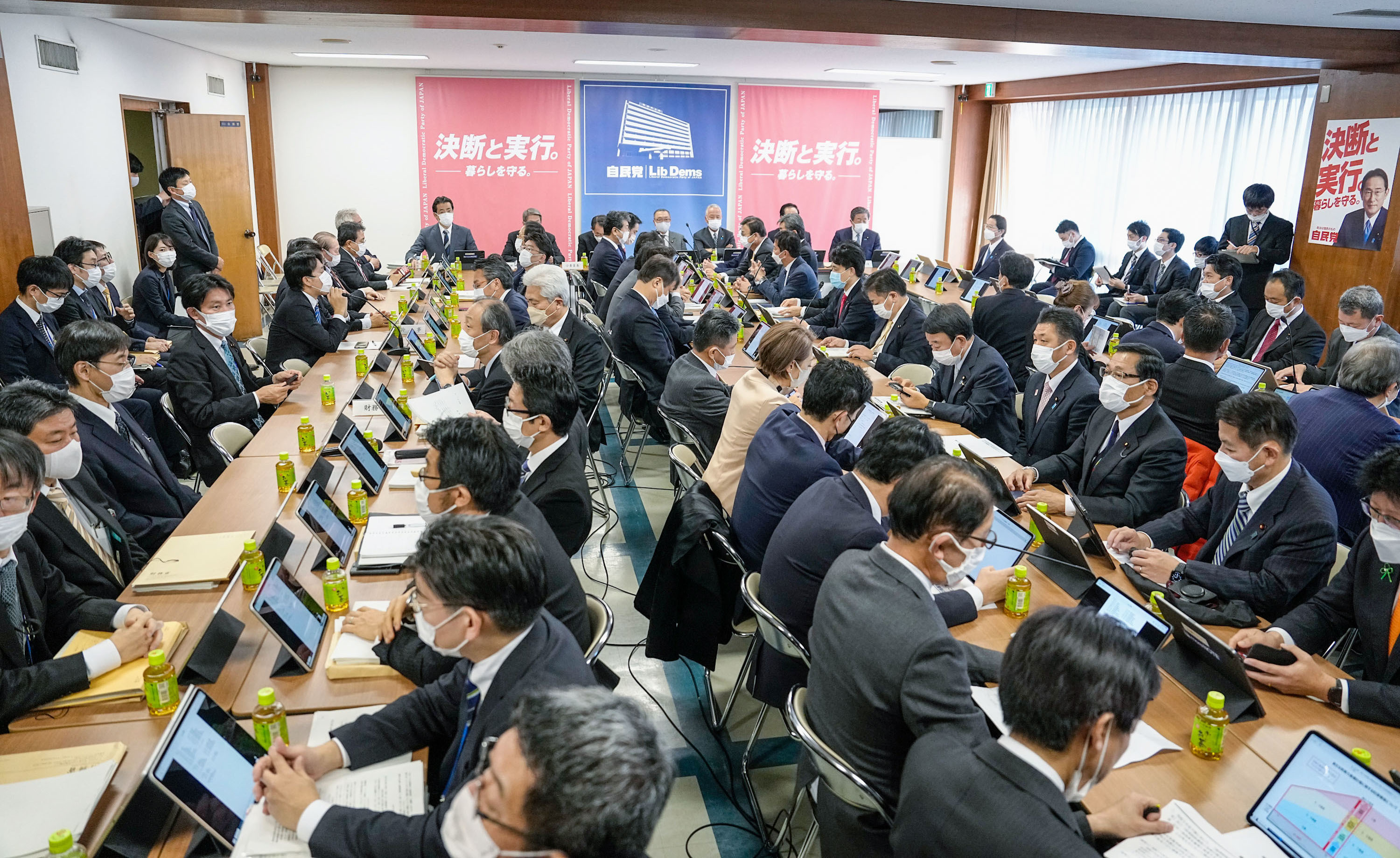Tsuneo Watanabe and Sota Kato, both senior fellows and directors of policy research at the Tokyo Foundation, discuss the big issues confronting the Shinzo Abe administration in an article originally published on May 25, 2016, as part of a Japan Times special supplement on the Group of Seven Ise-Shima Summit. Watanabe credits the prime minister with pursuing a realistic foreign policy aimed at elevating Japan’s international standing through “proactive contributions to international peace,” while Kato warns against populist fiscal policies that may appeal to voters today but could saddle future generations with massive debts.
The Realism in Abe’s Foreign Policy
Tsuneo Watanabe

The centerpiece of Prime Minister Abe’s foreign policy is to promote regional cooperation within the framework of the Japan-US security alliance and through regional, multilateral arrangements. Until now, Japan’s role had been severely limited because of constitutional and legal constraints, but with the enactment of new security legislation last September, the country should be able to make a more ‘proactive contribution to international peace’—such as through capacity building support—in keeping with the rapidly changing security landscape.
The prime minister appears to be taking a very practical, realistic approach to leadership, balancing the need to address emerging security concerns with efforts to promote economic growth through fiscal stimulus, monetary easing, and structural reform.
In that sense, he’s hardly a revisionist, as some of his political opponents have labeled him. After all, key cabinet members like Foreign Minister Kishida and Defense Minister Natakani belong to the liberal wing of the LDP, and he’s strongly committed to strengthening—not weakening—the alliance with the United States.
He’s also aware that government, especially those like Japan’s with sizable fiscal deficits, can’t protect the Asia-Pacific region’s public goods alone, so he’s been very active in tapping the resources of the private sector, including think tanks and NGOs.
Given that his approval ratings have been remarkably stable the Japanese public seems to be satisfied with the job he’s been doing. Whether or not his legacy survives, though, will hinge on whether he can place the interests of the country ahead of his personal ambitions in choosing the right moment to step down.
Japan’s Narrowing Fiscal Options
Sota Kato

Japan’s public debt is around 230% of GDP, the highest, by far, among the G7 countries; the fiscal situation is nearly as bad as Greece. What’s more worrisome is that Japan’s population—that is, the number of taxpayers—is aging and shrinking. Some economists project that spiraling healthcare and social security costs could push up Japan’s debt to as high as 600% of GDP by 2050.
If Japan continues to neglect its efforts toward fiscal consolidation, market adjustment in the shape of hyperinflation could devastate Japan’s public finances well before 2050.
There are three approaches to achieving fiscal consolidation: economic growth, higher taxes, and fiscal austerity. Abenomics is an attempt to cut the deficit by encouraging growth, mainly through fiscal stimulus and monetary easing. But given Japan’s rapid demographic changes, achieving growth high enough to ease the debt dilemma will be a daunting task.
Market credibility hinges on doing more than pursuing an uncertain growth scenario; the administration will also need to raise taxes and cut spending, which, unfortunately, are unpopular with voters.
Japanese politicians, like their Western counterparts, seem to be pursuing more populist policies. Voters must be made to realize, though, that by choosing candidates who promise to keep taxes low without slashing expenditures, they are, in effect, asking future generations—people who can’t vote today—to pick up the tab.
Restoring fiscal health requires not only sound economic policy but political leadership. Fortunately, voters appear to be less selfish than most economists assume, as demonstrated by a willingness to put other people’s interests ahead of their own in the wake of the March 2011 tsunami. What we need are political leaders who, instead of placating to populist demands, can rally the country around the need to make personal sacrifices for the good of their children and grandchildren
Reprinted from the G7 Ise-Shima Summit Special supplement, Japan Times , May 25, 2016, http://info.japantimes.co.jp/ads/pdf/20160525-G7_Ise-Shima_Summit_Special.pdf




